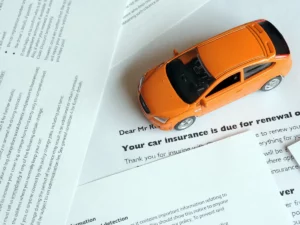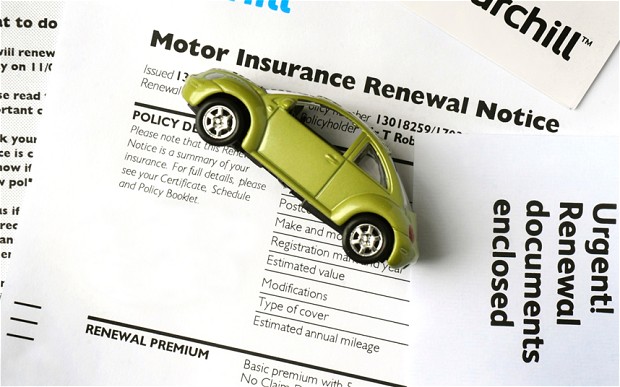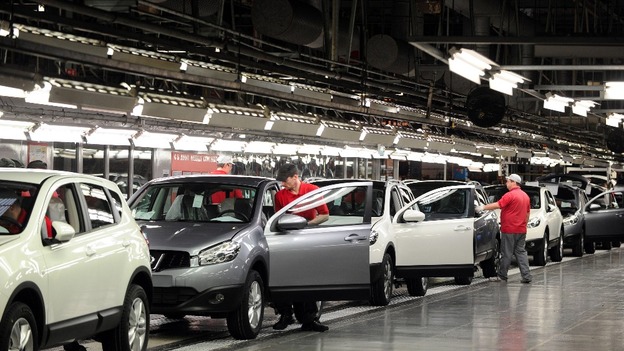Many insurance holders try to figure out how their car insurance premiums are calculated. Most of them also cross-check with other insurance holders and find out that the premiums paid for identical car make and models can differ. In short, the premium people pay for their car insurance can be different even if they have identical cars.
There is a simple reason for this. All insurance companies use a statistical evaluation formula that factors in multiple variants like your age, residence, employment, and even health status. All of these and other variants are used to calculate the level of risk that one individual will have compared to another.
Factors Affecting Car Insurance Premium
The value of your car insurance premium factors into the probability of your claiming compensation. For insurers, this is an actual science that is based on multiple factors:
- Job status and location.
- Annual car mileage
- Your address
- The make and model of your vehicle
- Any modifications made to your car
- Where the car is parked overnight
- Your age and health.
- Your driving history, including any no-claims discounts
- Whether or not you’ve added any named drivers to your policy
- The type of cover you are applying for
In short, all factors that can affect the use and health of the car, as well as the risk to the insurance company, are factored into the premium calculation. A car insurance premium considers all these facts and statistics related to them.
How Jobs Impacts Car Insurance Premium
What people do for a living gives insurance providers insight into the probability of their filing claims. For instance, many job types, like doctors, nurses, and social workers, usually pay higher premiums. The primary reason for this is greater driving commute, driving after long shifts and in off hours. People with jobs requiring visits to areas with high crime rates also pay higher premiums.
Why Annual Mileage Affects Car Insurance Premiums
A common factor affecting your insurance rates is how many kilometers you drive and whether your car is used for your daily commute or leisure. You may be charged a lower premium if you drive your car only for pleasure and keep your driving beneath a certain kilometer threshold. If you drive less or at less busy times, you’re statistically less likely to get into an accident.
This is done because, statistically speaking, the longer a car is on the road, the more it is likely to get into accidents. Having an above-average annual mileage will push your insurance premiums up. Similarly, your insurance will probably be less if you don’t use your car to commute. The average commute is easy to estimate, and it is important that you do not understate this. Misrepresentation of your mileage can be easily caught out and can prevent policy payout.
How An Address Affects Car Insurance Premium
Insurance providers will look at multiple statistics from your area, like general driving trends, the crime rate, traffic volumes, and the average number of claims, and work out the probability of you making a claim. For instance, Karachi traffic is notorious for being tough to drive in. In comparison, cities like Islamabad or Quetta will have much safer traffic flows.
How to Make And Model Of Cars Affects Car Insurance Premium
The more expensive a car is, the more expensive it will be for the insurance provider if it’s written off. This means you will pay more for its insurance than cheaper models.
Internationally, cars are grouped into insurance groups 1-50, which is an important part of the car insurance premium calculation. These car groups are determined according to multiple factors like new car prices, time and cost to repair, performance, safety features, and security.
How Modifications Affect Car Insurance Premiums
Common car modifications, like reverse cameras, alloy wheels, and parking sensors, can increase insurance costs. This happens as these add-ons increase a car’s value and enhance its risk. Modifications make cars more tempting for thieves as well as more expensive to repair or replace.
Modifications that increase a car’s performance, like exhaust upgrades, can also affect insurance premiums as they increase the probability of the car being involved in a speed-related accident. Similarly, if a car is modified to make it more secure, like with a tracking device, it may reduce your premiums.
It’s important to be open and honest with your insurance provider about any modifications, no matter how small, as not doing so could invalidate your policy. It’s also advisable to speak to your insurance rep before you get any modifications to find out how they might impact your policy costs.
In short, all factors related to your driving habits and your car will factor into the premium calculation. Insurance rates are calculated based on the probability of you getting into an accident based on all these factors. The replacement cost of your car also adds to your insurance premium.

Sadia Zaheer holds a Masters in Business Administration from IBA, Karachi. After working in several financial institutions in Client Management, Corporate Lending, Islamic Banking and Product Management she jumped careers to pursue a career in writing.
She is a Finance, Business and HR Development writer with four years of experience. She reads a lot and takes care of her multiple cats to remain calm.





